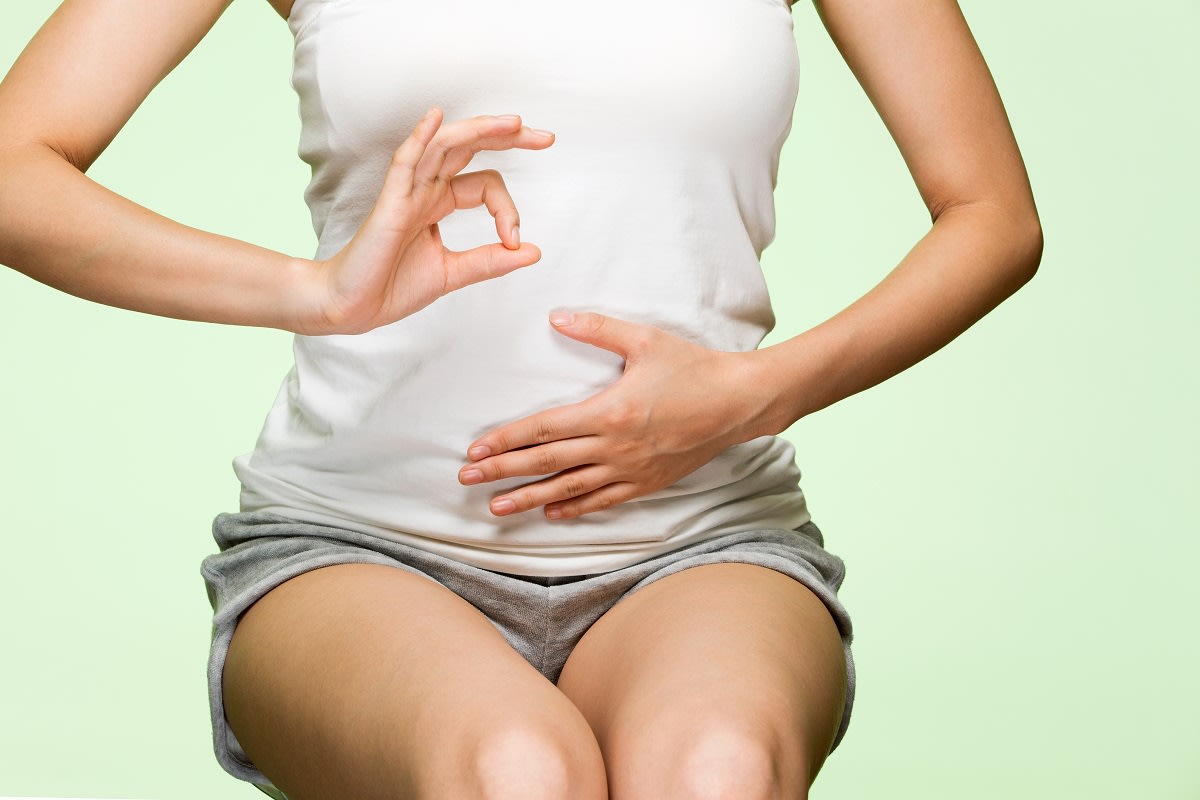Have you found your wellness ambitions crumble at the sight of a chocolate cookie? A healthy lifestyle includes both diet and exercise. Now, research has highlighted just how impactful exercise can actually be, going as far to enhance our microbial diversity. Turns out there’s more reason than ever to schedule in that morning run.
It can sometimes be all too easy to overlook the simplest of truths: eat healthy, exercise regularly – what’s new? Well, when it comes to our gut health and microbiome, we’re finding out exactly how influential and important establishing these healthy routines can be; from improving our digestion to lowering risk of various inflammatory and chronic diseases, such as asthma, inflammatory bowel disease (IBD) and cardiovascular disease2.
Whether you’re already active, or looking to get moving now, here are the top 4 reasons you should be exercising – for your gut!
1. Exercise Increases Your Microbial Diversity
Researchers have associated regular exercise with higher gut microbial diversity but also an increased abundance of healthy bacteria, like Prevotella3. Moreover, a recent randomized controlled trial by scientists at Copenhagen University confirmed that exercise changes the gut microbiome. In this study, 88 overweight or obese participants were randomized into either habitual living, an active lifestyle (biking) or moderate or vigorous leisure-time exercise for 6 months. Faecal samples revealed increased diversity of the gut microbiota in the exercise groups4.
A recent study showed increases in the number of intestinal Bacteroids by 4.8% (p < .05) after a 12-week training program including moderate aerobic exercise.
So in fact, with exercise your microbial diversity can be restored and the number and metabolic activity of beneficial bacteria (i.e. Bacteroids) improved.
2. Exercise Relieves Constipation
Exercise for constipation? Yes. Exercise can help speed things up. According to researchers, exercise has been shown to increase peristalsis, transit times and help accelerate the clearance of accumulated gas. Often, one of the key contributing factors for constipation is inactivity. When we move our bodies, we lower the time it takes for food to move through the large intestine, this, in turn, limits the amount of water absorbed from the stool. If you think about it, hard, dry stools are tricky to pass – the smoother our transits, the more moisture that remains, and the easier it is! Add to that how aerobic exercise speeds up your breathing and heart rate. This helps stimulate our natural squeezing muscles in our intestines – when they’re stronger we move stools out more quickly.
3. Exercise Supports Weight Loss
With greater diversity, your microbiome is more efficient in producing short-chain fatty acids (SCFA). Those are produced through the fermentation of dietary fiber by our friendly microbiome. SCFA are used as an energy source by the cells in your colon, as signalling molecules and they even improve lipid metabolism and metabolic health5. As a result, your glucose homeostasis, insulin sensitivity and inflammation improves. An additional nice effect: SCFAs influence your appetite by stimulating the satiety centre within your brain (arcuate nucleus in the hypothalamus). Therefore, you may feel full and satiated for longer. Naturally, this makes it easier to dietary goals and lose that extra padding. Weight loss, in turn, supports your microbial diversity and overall health2, 6-10. It really is a full circle win-win!
4. Exercise Helps Boost Your Immunity
A more diverse microbiome improves your immune function, lowers susceptibility to infections, reduces oxidative stress, induces tissue repair and improves the inflammatory responses within your body3. According to researchers, exercise decreases inflammation, improves our immune system, as well as the composition of microbes within our gut 2, 6-9. Your immune system is responsible for defending our body from pathogens and infections. Even in people with Irritable Bowel Disease, researchers have reported that moderate-intensity exercise was able to reduce their inflammatory markers11. Consequently, they recommend that patients with IBD regularly exercise at a moderate level in order to suppress inflammation and improve their disease management.
Researchers say exercise decreases inflammation, improves our immune system, as well as the composition of microbes within our gut.
Previous studies showed clear improvements in this essential ability with regular exercise and improved microbial composition. In short: the “good” bacteria within your gastrointestinal tract regulate immune functions, compete with pathogens for nutrients and maintain barrier functions. As a conclusion: you want to increase the amount of good bacteria, like Bifidobacteria or Bacteroids, in your gut.
Closing Remarks
Wondering how to increase your microbiome diversity? Exercise. Want to support your immune system? Exercise. Prevent long-term disease? Exercise.
In contrast, sedentary behaviour and an unhealthy diet can not only put on extra kilos, but also increase your risk of inflammatory diseases8, 9.
To get the most out of your workouts, researchers report that probiotics, such as Bifidobacteria and Lactobacilli, can improve exercise performance.
To get the most out of your workouts, researchers report that probiotics, such as Bifidobacteria and Lactobacilli, can improve exercise performance. Maybe it’s time to implement your own probiotic-rich foods, such as Sauerkraut, Tempeh or Kimchi3.
Overall, a healthy diet and regular exercise can help you feel your gut best.



